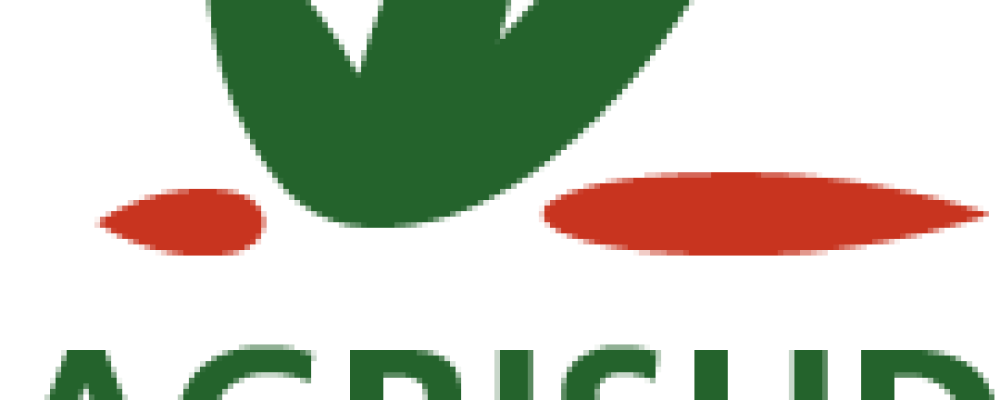Analysis of the integration of agroecology principles and factors of adoption in production systems by upland family farms in the target villages of ENUFF project in Oudomxay and Huaphan Provinces, Lao P.D.R.
For more than twenty-five years, Agrisud International has been supporting farmers in developing countries with the mission of promoting the economic empowerment of the poor by creating and strengthening Very Small Farms using agroecology model of agriculture to strengthen the production systems in an environmental-friendly and sustainable way.
Since 2016, SNV – Netherlands Development Organization in partnership with Agrisud has been implementing ENUFF (Enhancing Nutrition of Upland Farming Families) Project funded by Swiss Agency for Development and Cooperation (SDC). The ENUFF project applies multi sectoral approach to improve the nutritional status of family and children in remote and ethnically diverse upland farming communities in Oudomxay and Huaphan Provinces through nutrition sensitive agriculture production, sustainable management of natural resources and enhancement of good practices in health and hygiene, including a more conducive and efficient policy and institutional framework.
The project component 1 – Promotion of Nutrition Sensitive agricultural component of the project, aims to increase the capacities of farmers in nutrition sensitive food production and diversity at household level. Agrisud applies the principles of agroecology in the selection and implementation of all agricultural activities. The application of these practices by the participating families and further spill over these production systems is important for the project.
Objectives of the internship:
ENUFF project is being implemented in 40 villages of 4 districts of 2 provinces directly targeting around 4,000 households. The methodology applied in the agriculture component is to train at least 10 farming households per village and use these pilot farms to motivate other farming households to apply similar approach in nutrition sensitive agriculture production. Hence, the purpose of this internship is to document the agroecological principles promoted in different production systems, the practices understood, adopted and adapted by the farming families, the spillover effect on other families, and assess how does it contributes to improving nutrition of the households, specifically women and children.
Activities to carry out:
The study will be conducted by a French student and a Lao research assistant cum English-Lao translator. Technicians from the District Agriculture and Forestry Offices will also be assigned to guide the team in the selected sample villages.
The intern shall review existing data, reports, training documents and other documents in bibliography to present a short analysis of the territories and farming systems.
Focus groups, family interviews and field visits shall be organized for data collection. RRA (Rapid Rural Appraisal) and PRA (Participatory Rural Appraisal) methods can be used to insure the understanding and participation of the communities in the data collection process. Thorough interviews shall be conducted with project beneficiaries to analyze the integration of agroecology principles into farmers’ practices (adoption factor analysis).
The study shall include data on: a) agriculture practices and technical itineraries (survey, observation and geolocation of plots); b) socio-economic data (to follow the evolution of the livelihood of target families supported in agriculture activities); c) surveys on specific valuechain/production systems promoted by the project and how agroecology practices can answer the needs for production strengthening; d) the feelings, the level of satisfaction, the difficulties encountered, etc, by beneficiaries for adoption of production systems and agroecology practices; e) spillover effect on the families other than the farmers participated in project trainings; f) propositions for adjustments to be made during the next support campaigns; g) survey on household food diversity and how adoption of agroecology practices has changed dietary diversity whether through income or self-consumption from adopted production system.
Profile of the intern:
- Student in Agriculture engineering or Master in Agro-economy
- Knowledge of agroecology principles
- Previous experience (s) in South East Asian countries desirable
- Competence in Excel and database analysis
- Writing skills
- GIS skills
- Adaptation to field conditions and autonomy
- Good skills in English (both speaking and writing)
- Motorcycle skills (small Honda 100 cc with 4 gears)
Duration and location of the study:
The internship will start the first week of May 2019 until the end of September 2019: 4 months on site in Laos for data collection and 1 month in France for analysis and report writing.
Minimum legal standard indemnification. Return / Return flight ticket, visa, field perdiem and accommodation in the field supported by the project.
The intern will be traveling in both target Provinces (Oudomxay and Huaphan) and the 4 target districts (Nga, Beng in Oudomxay; Viengxay and Xiengkho in Huaphan) for data collection.
Travels to target areas will be done by car to reach the provincial and District centers, and by motorbikes for the target villages.
Regular meetings with the project team and frequent interactions with other partners on site will be organized.
How to apply?
Applications should be sent by email to [email protected], addressed to Ms. Claire Kieffer, Country Representative for Agrisud in Laos, with Mr. Sylvain Berton, Director of Operations in copy of the email ([email protected]).
CV and cover letter must be written in English and marked “ENUFF Internship Recruitment” in the subject line of the email.
Calendar
- Submission of applications before the 22nd of March 2019
- Interview rounds: from the 25th to 29th of March 2019
Internship proposal & Methodology for the study Agrisud International ENUFF project is available download here

